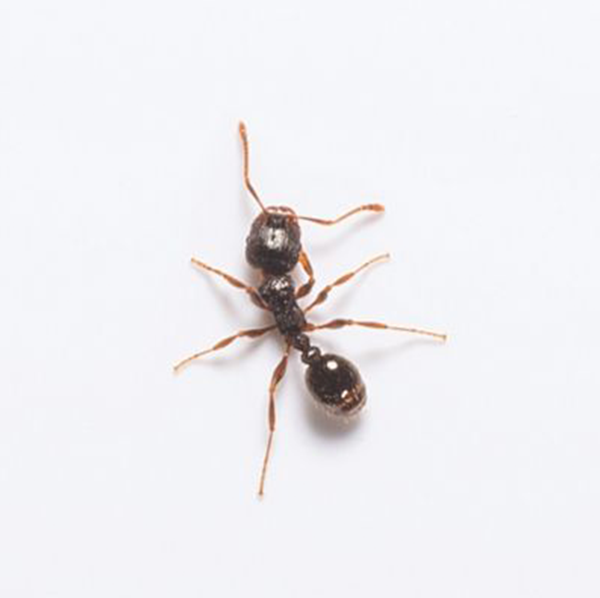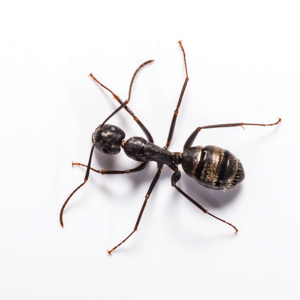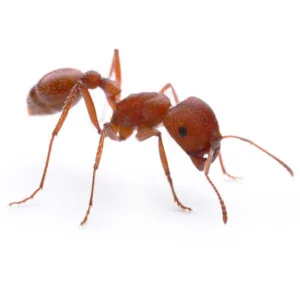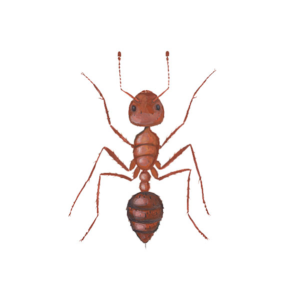Pavement Ants in San Angelo
Pavement ants are known to build nests beside and under sidewalks, driveways, and foundations. In the San Angelo area, these ants have a diverse diet, including meat, grease, dead insects, seeds, and sweets. However, they particularly favor the honeydew produced by aphids and mealybugs. During spring, mature pavement ant colonies may swarm, and if they establish their nests indoors, swarming can occur continuously. These ant swarmers are sometimes mistaken for termites, leading to unsightly issues when they swarm inside commercial buildings. Since pavement ants construct their nests in pavements, walkways, and sidewalks adjacent to structures, they often find their way indoors while searching for food.
Pavement Ant Habitat
Pavement ants are slow-moving creatures, and you can often spot trails at night as they travel to and from their food sources. Staying true to their name, they prefer nesting under or near sidewalks, slabs, and concrete, finding urban environments ideal due to the absence of vegetation. When constructing nests, they pile up the soil they remove in a mound near the nesting site. These mounds are typically visible on the ground’s surface or close to patios and sidewalks. In indoor settings, you may find ants in kitchen areas or on the patio, as they establish nests inside wall voids, insulation, or under flooring.
Pavement Ant Behaviors, Threats, or Dangers
Pavement ants have the ability to bite and sting, although they rarely bite humans. These ants are generally regarded as nuisance pests, as they create unsightly piles of debris on driveways, sidewalks, and inside commercial buildings. Moreover, they can contaminate food when they invade homes in large numbers. If nests are not addressed promptly, pavement ants will persist in spreading throughout a home or business by forming new colonies. If you suspect a pavement ant infestation, consult a professional ant exterminator.




